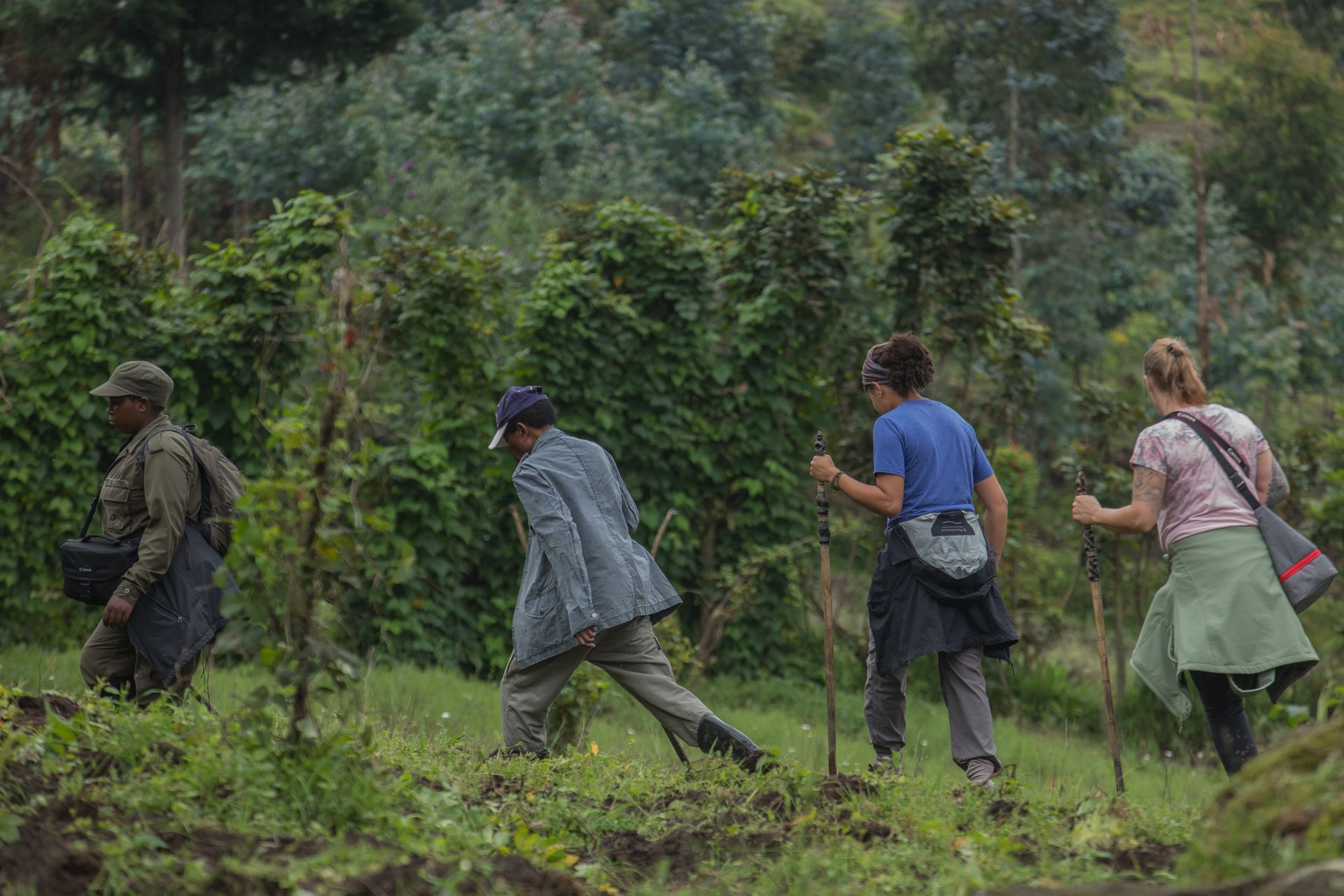
How long should I travel in Rwanda? How long you intend to stay on a vacation in a destination like Rwanda does matter a lot. The many days you spend on a safari in Rwanda means you have adequate time to unearth all the wonders in and around urban areas as well as the remotest parts in the Land of a Thousand Hills.
Traveling with an idea of how many days you will be on a vacation in Rwanda is essential. This will guide you come up with a complete travel itinerary leading to successful road trip. With assistance from Mist Rwanda Safaris team, you do not need to wonder how long you should travel or spend on a safari in the Land of a Thousand.
Rwanda is compact and has plenty for everyone to explore and experience regardless of the budget, and age. For starters, Rwanda is a scenic destination, a favorite African safari destination for mountain gorilla trekking and other primate adventures as well as big five game tours. As experts in designing memorable trips, we always recommend our guests to have combined road trips to enhance their experiences beyond the iconic gorilla trekking.
To fully explore the wonders of Rwanda, you need a minimum of about 1-2 weeks. With a complete 2 week vacation, you stand a chance to visit all key destinations including Volcanoes National Park for up close with the massive mountain gorillas, golden monkeys and other species, Nyungwe Forest National Park for exceptional chimpanzee tracking and canopy walking experiences; explore the newly founded park –Gishwati-Mukura National Park or embark on a guided big five game safari in Akagera National Park.
Akagera is the only destination in Rwanda where tourists can locate all the big five game members on a single tour. With this, Rwanda is with no doubt a complete primate and big five game safari destination.
There are also other amazing places worth exploring including Lake Kivu, a spectacular natural water body with finest beaches for guests to relax from after their long day adventures.
How much time can you spend on a Rwanda safari?
Depending on what your travel interests are, on average, you require 2-3 days to visit Volcanoes National Park to enjoy up close with the massive silverback gorillas and their family members. But to unearth variety of Rwanda’s wonders, from the lush bamboo forests, rain-forests to savanna grasslands, you may embark on a 10 day or 2-week expedition.
What it means embarking on 10 days Rwanda safari
The 10-day break is ideal for guests in need for a long trip exploring Rwanda’s diverse attractions from Kigali to the wildlife parks and unique cultures, traditions, etc. The 10 days best of Rwanda safari introduces you to all the finest destinations from the Eastern province, Southern to Northern provinces.
The key destinations to visit on a 10-day trip in Rwanda include Akagera National Park, Nyungwe Forest National Park, Volcanoes National Park, and Lake Kivu. The expected experiences to enjoy include gorilla trekking, golden monkey tracking, chimpanzee tracking, boat rides, cultural experiences and city excursions.
Your road trip begins from Kigali with visit to some of the historical sites or cultural centers. Within Kigali, the main areas of interest include Kigali memorial centre, craft centers, art galleries, Mt Kigali and more. From Kigali, proceed to Akagera National Park to experience the best of the big five game safari.
After the big five game tour, embark on primate adventure in the rainforest-dominated parks. The first primate destination to be visited will be Nyungwe and expect to enjoy excellent chimpanzee trek in either Cyamudongo or Uwinka sectors, a canopy walk or colobus monkey tracking, etc.
Continue to Volcanoes NP to interact with the massive silverback mountain gorillas and their members. Volcanoes NP Ruhengeri is lying in Northwestern Rwanda and holds about 12 fully habituated gorilla group families.
1 (one)-week Rwanda safari
A one-week trip in Rwanda also presents diverse opportunities to explore and experience what Mother Nature has to offer the world in the Land of a Thousand Hills. On a complete seven days in Rwanda, you can traverse through destinations such as Akagera National Park, Nyungwe and Volcanoes National Park.
Plan a trip to Rwanda with expect
How and whom you plan your Rwanda safari matters too. Not to be left out of mesmerizing experiences Mist Rwanda Safaris is the always readily available to make your travel dreams come true. Connect with our reservation team to book an individual trip, small and large group tours in Rwanda, etc.
Our offices: KN4 Avenue, KIC Building (Former) UTC Kigali city room 3.3 Upper Parking. Active contacts: +250 (0)785372824 and or email us via info@mistrwandasafaris.com or bookings@mistrwandasafaris.com.
When to travel
The most favorite time to visit Rwanda for gorilla trekking, wildlife viewing, chimpanzee tracking or volcano hiking is during the dry season. Each year, two phases of dry season are recorded in most destinations where numerous activities are done that is from June, July, August to September and short drier months occur from December, January to February.
How to pack
Packing right is mandatory to all travelers visiting Rwanda. The essentials to consider on your packing list: insect repellents, rain coat, long-sleeved shirt, long trousers, safari hat, first aid kit, a good camera, extra camera batteries, snacks, toiletries, gardening glove, to mention but a few.
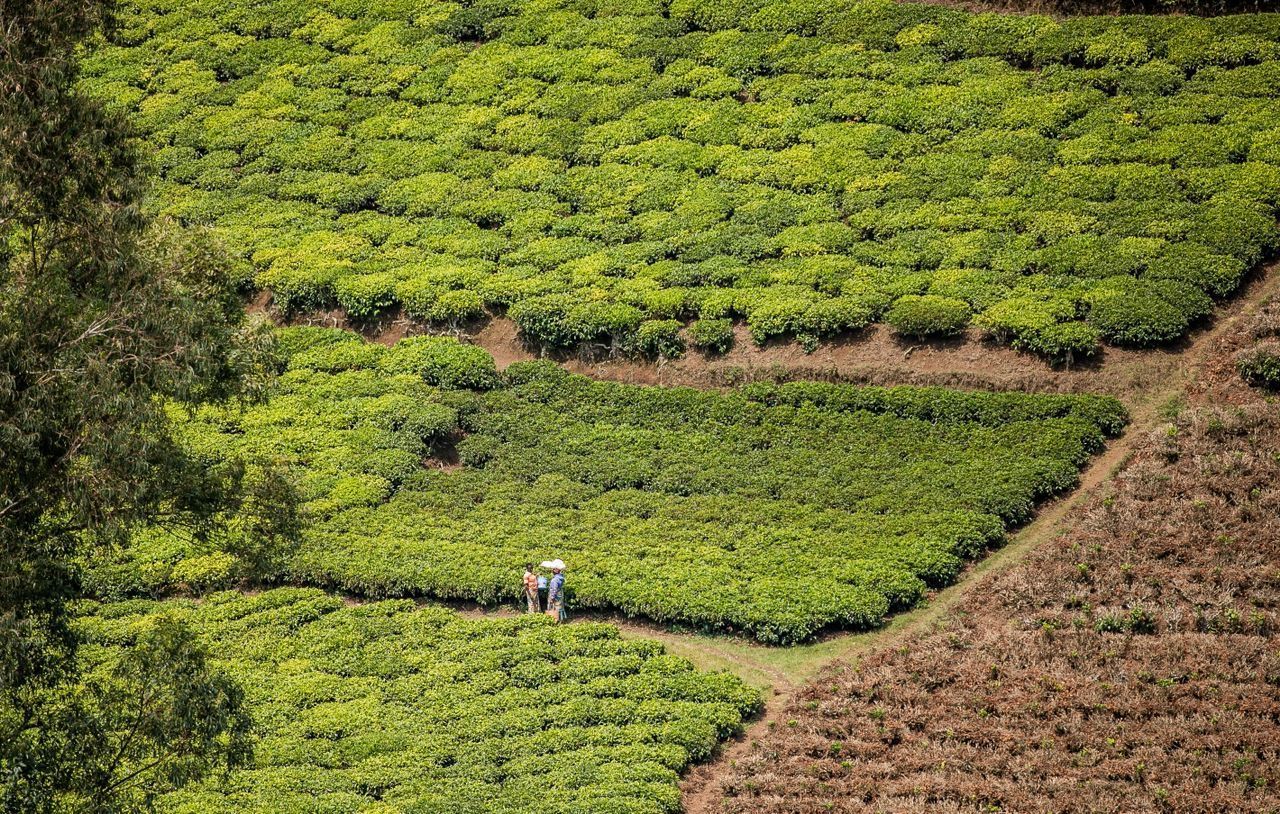
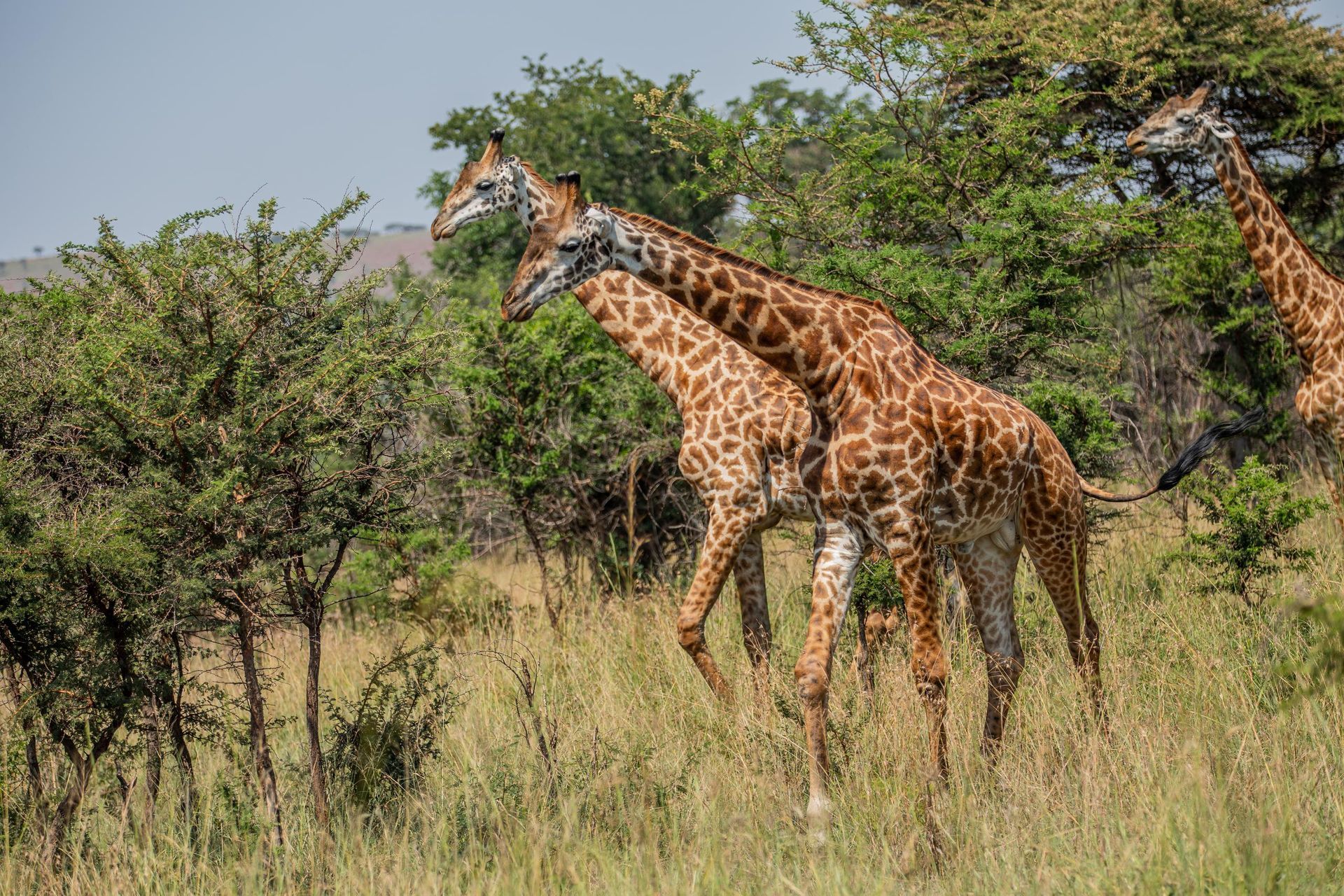
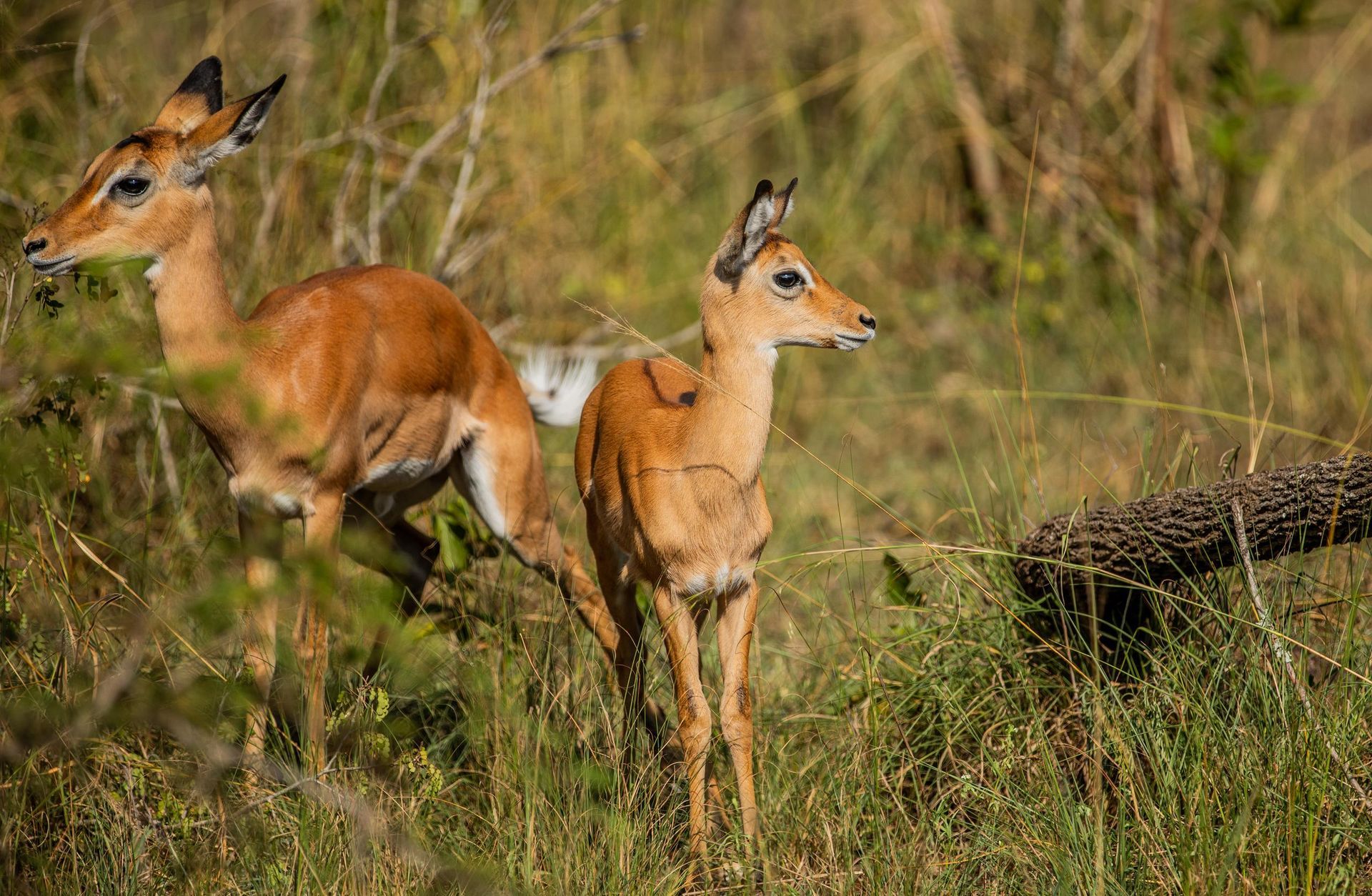
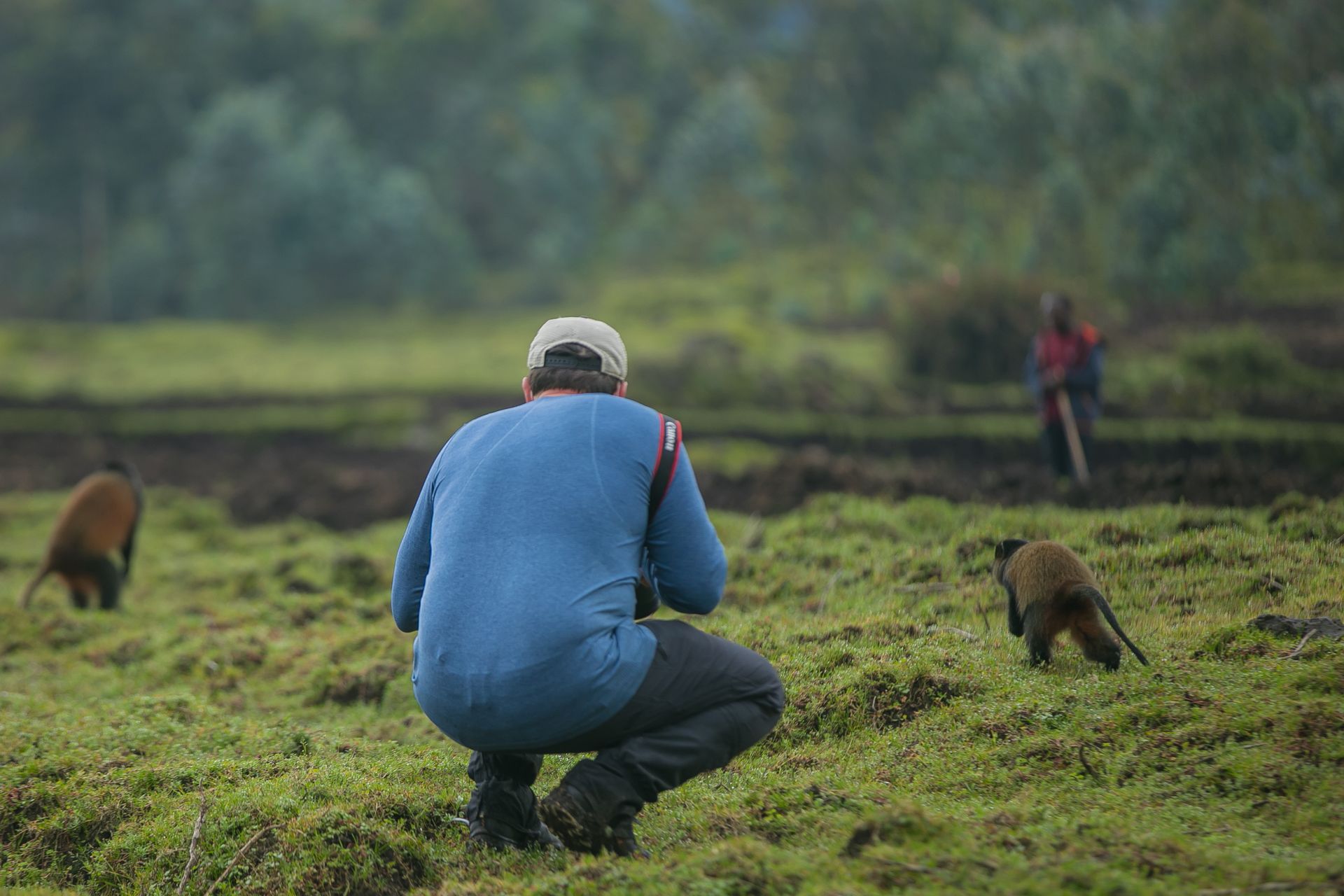
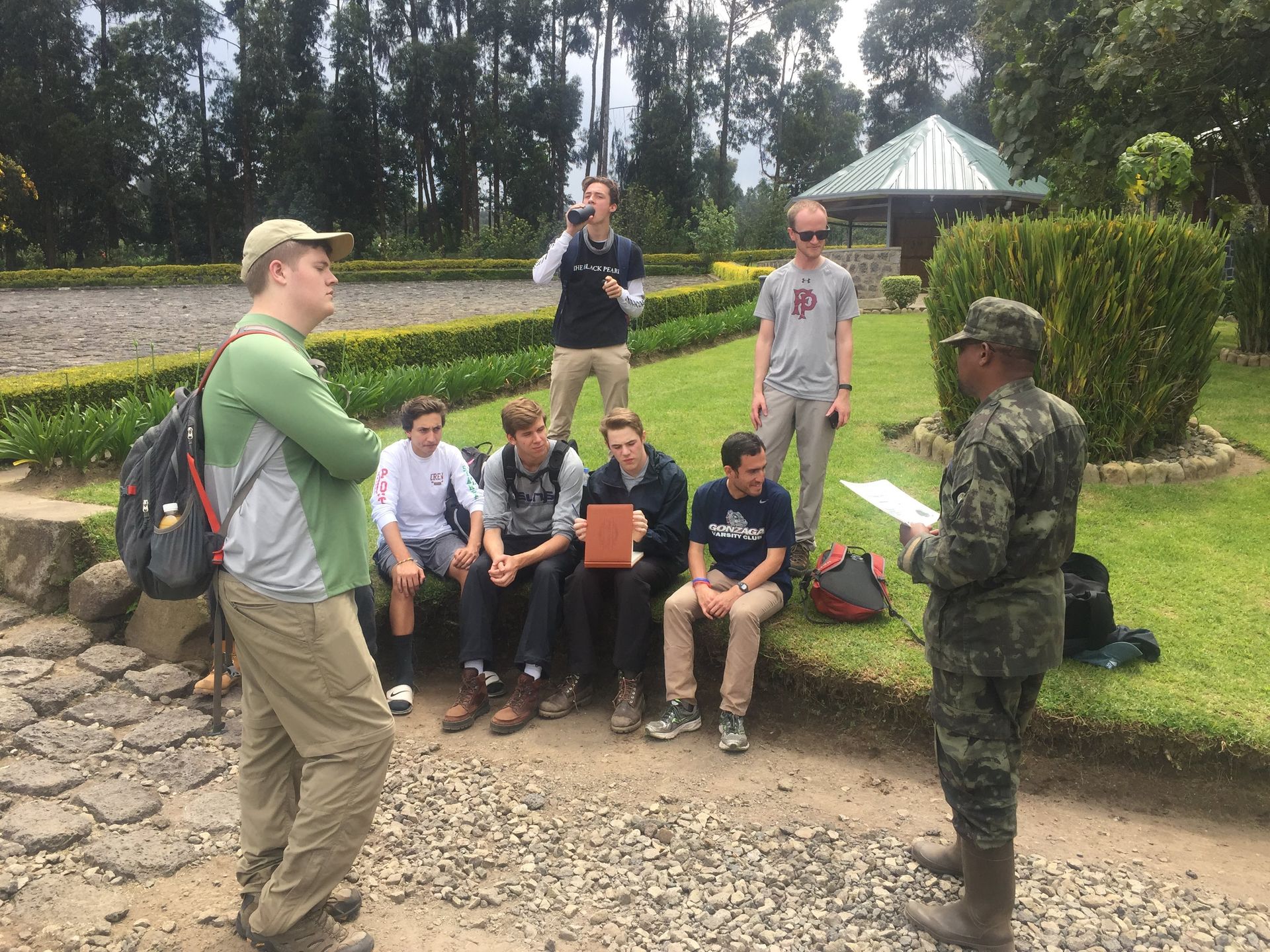

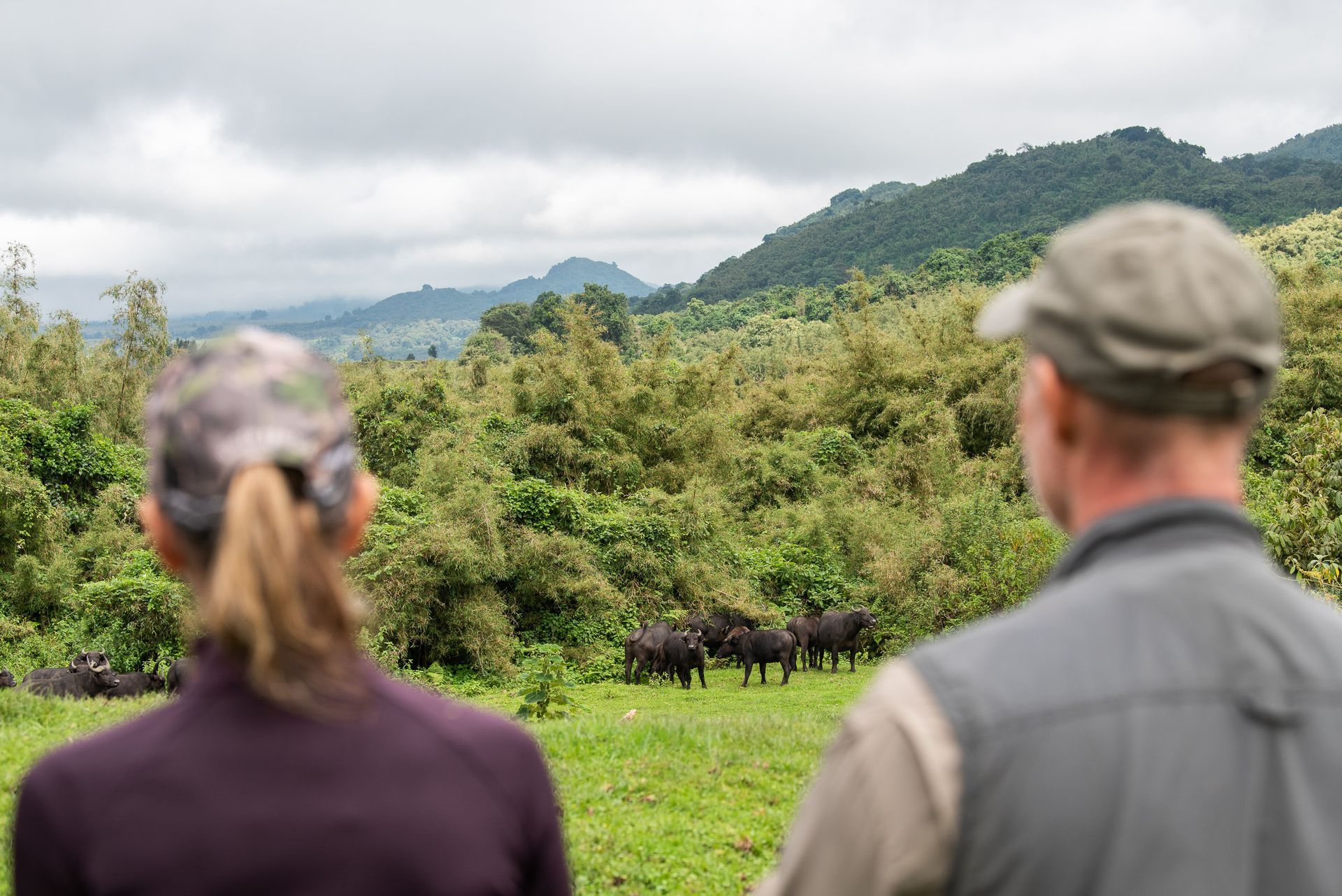
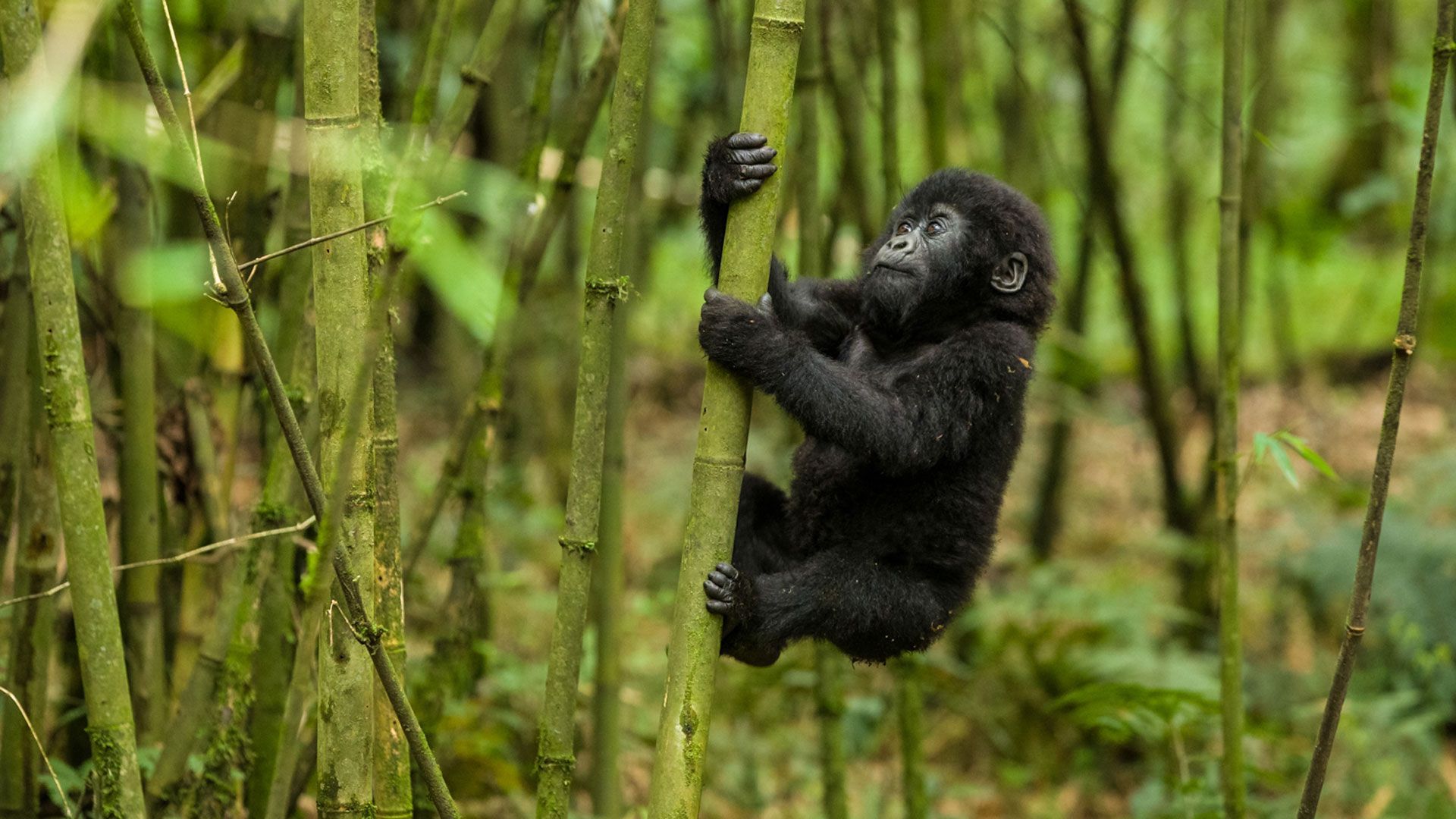
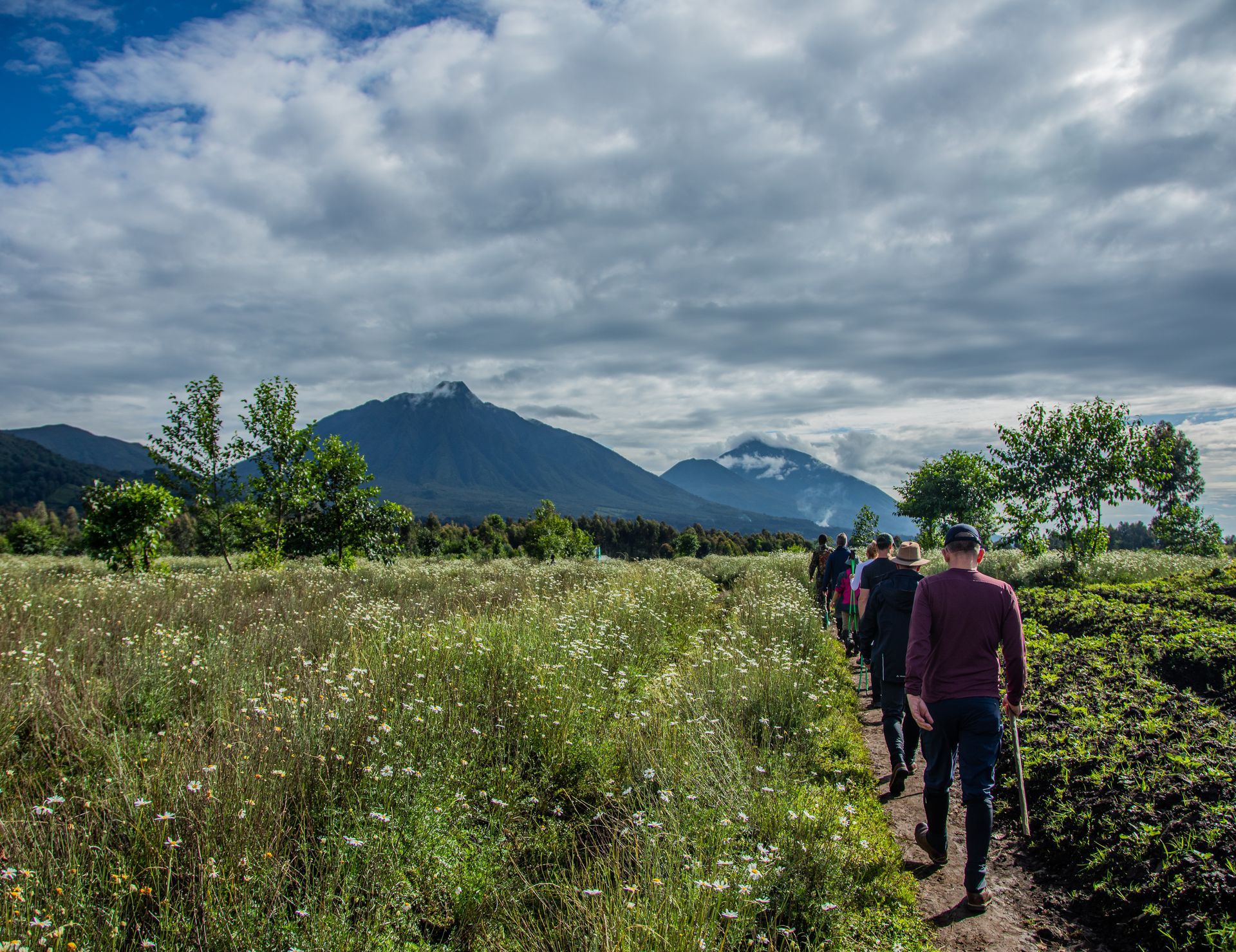
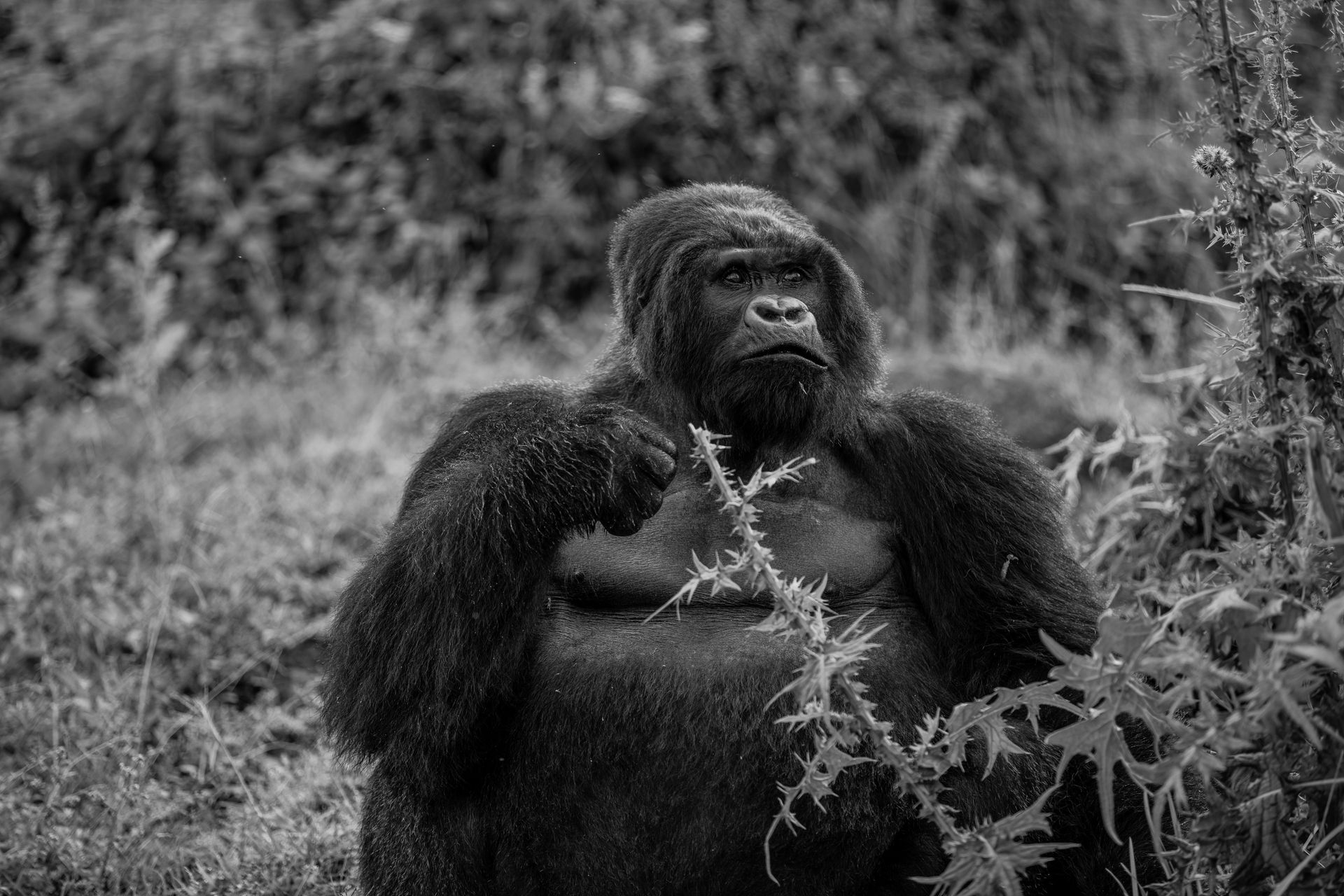
OFFICE ADDRESS
KN4 Avenue, KIC Building (Former) UTC Kigali City Room 3.3 Upper Parking
MEET US
Copyright © 2024
Digital Zoo Website Design Company - All Rights Reserved -
Consent Preferences
Domain Registration
|
Email Address
|
Website Design
|Graphic Design
|
Social Media Management
|
Search Engine Optimization
|
Online Marketing
|
Web App Developer
